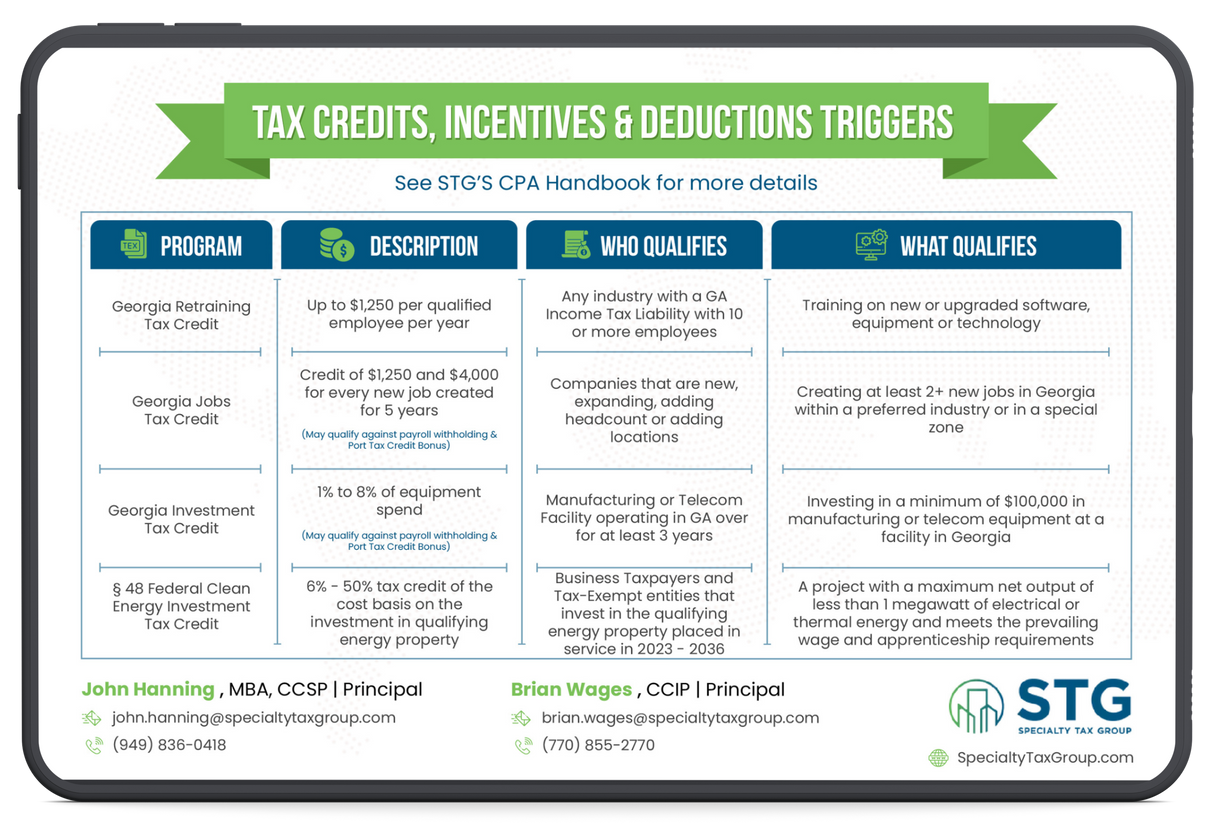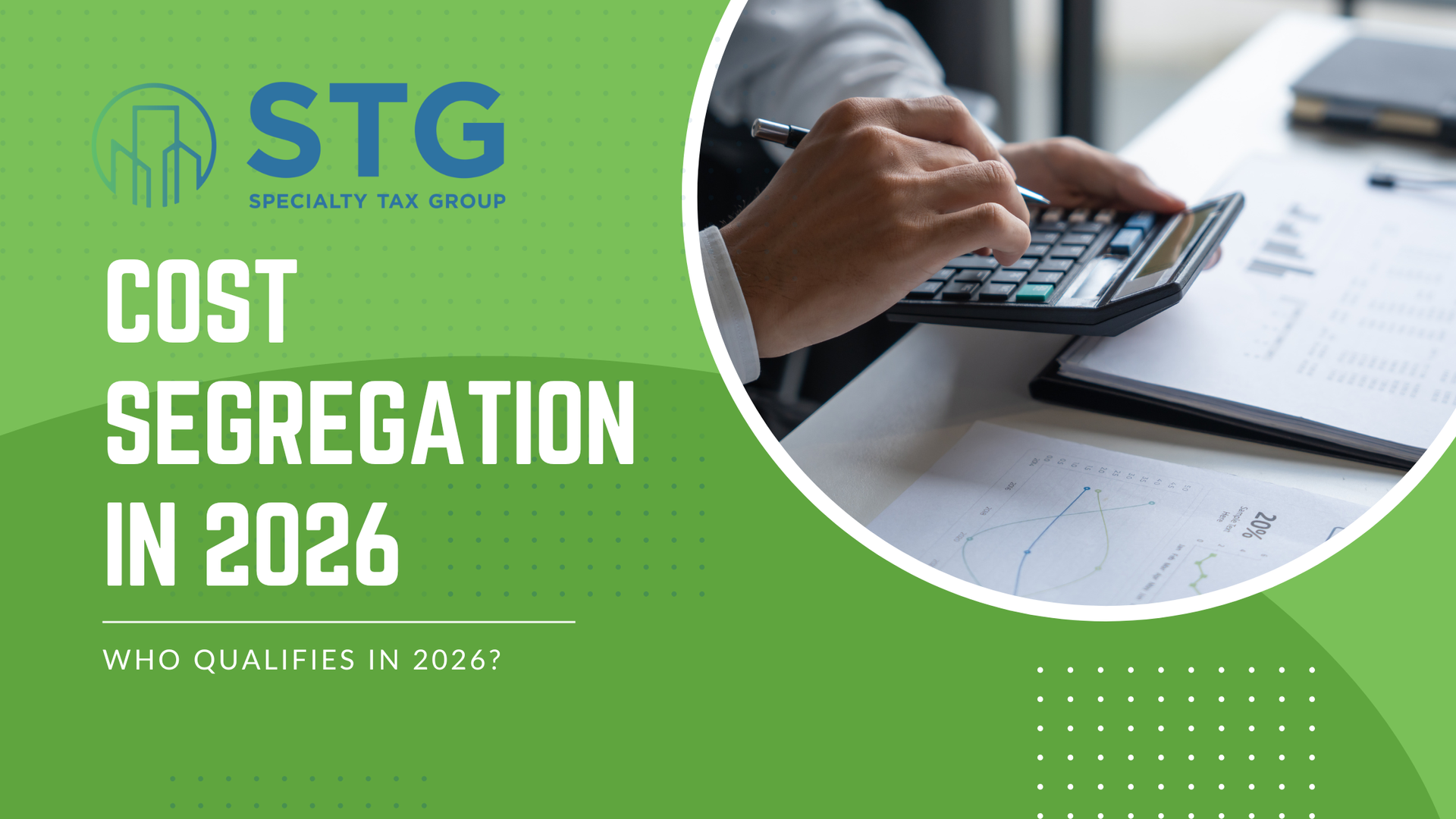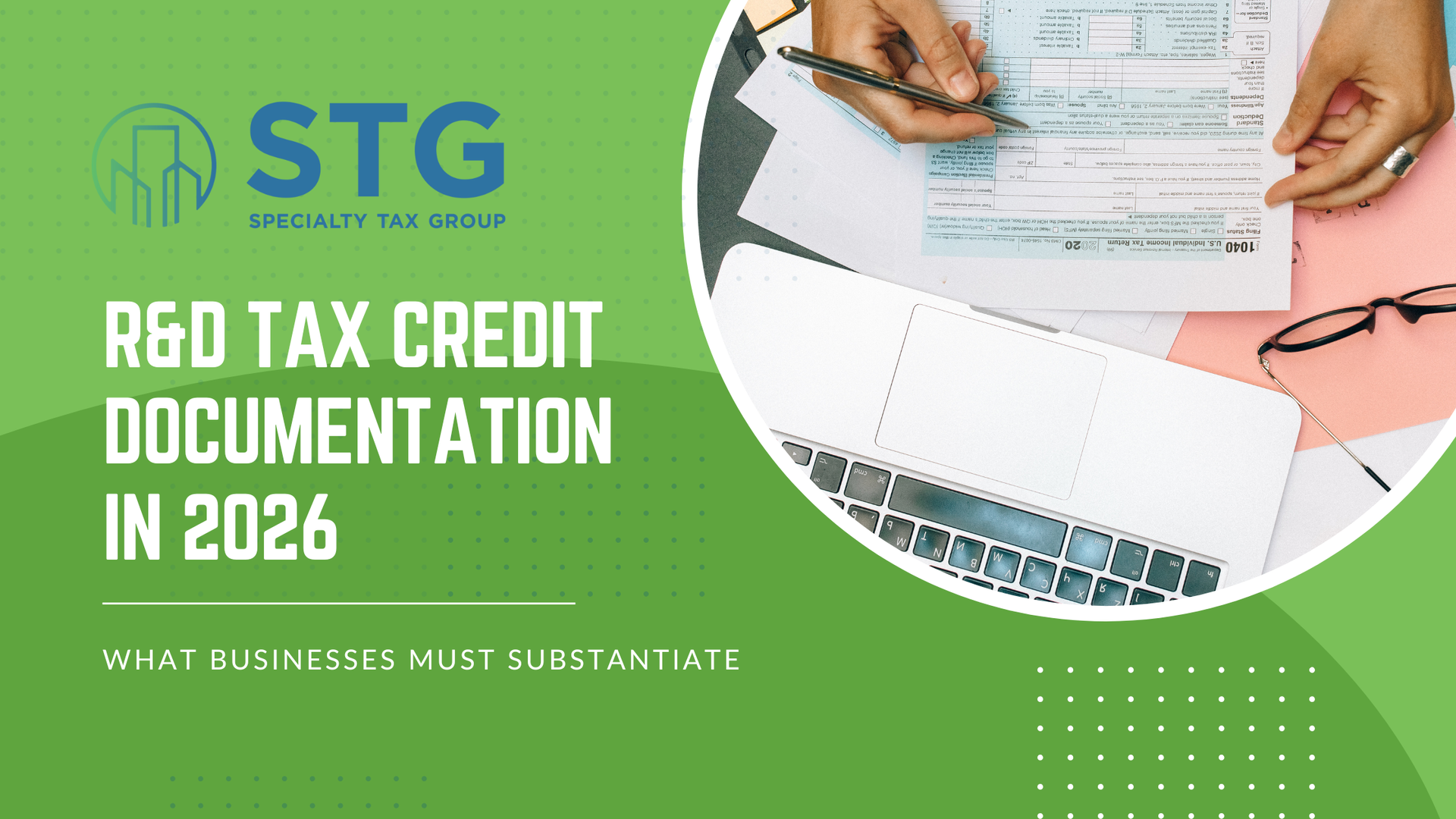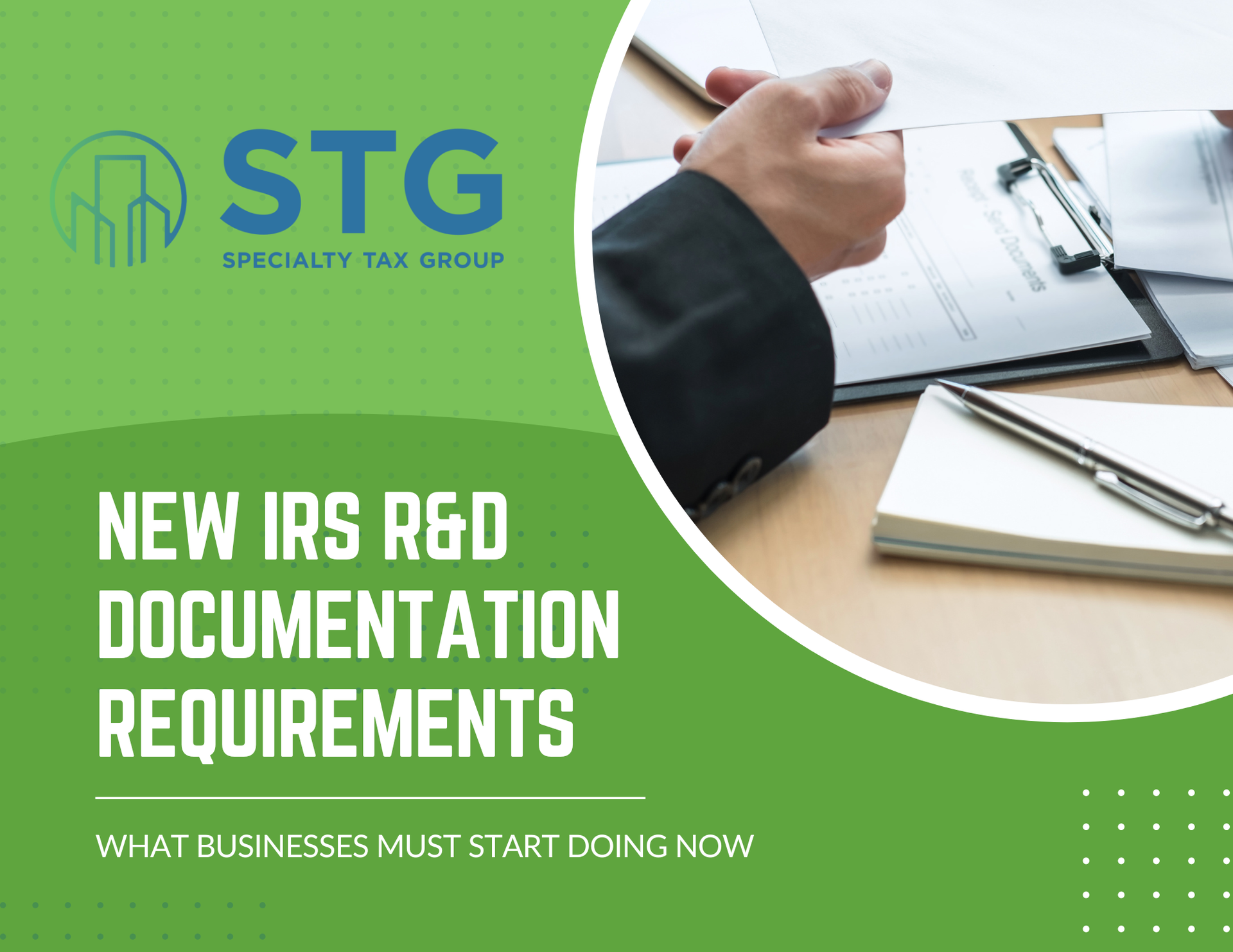This blog post has been researched, edited, and approved by John Hanning and Brian Wages. Join our newsletter below.
As President Trump begins his second term, significant tax policy changes are on the horizon. The proposals outlined below extend the 2017 Tax Cuts and Jobs Act (TCJA) provisions and introduce new deductions and business incentives. Every measure is designed to stimulate economic growth and support taxpayers—whether individuals or businesses.
For Businesses
Corporate Tax Cuts
- Reduced corporate rates (down to 15% for U.S. manufacturers)
Corporate Tax Cuts are designed to foster business growth through reduced corporate rates. U.S. manufacturers, in particular, benefit from rates as low as 15%, supporting overall business expansion.
Incentives
- 100% bonus depreciation reinstated
- Simplified R&D expensing
These business Incentives include the reinstatement of 100% bonus depreciation and simplified research and development expensing, making it easier for companies to invest in growth and innovation.
Expanded QBI Deduction
- Continued 20% deduction for pass-through entities
The Expanded QBI Deduction ensures that pass-through entities continue to benefit from a 20% deduction, providing a critical advantage in supporting business operations.
For Individuals
Extended Tax Cuts
- Lower individual rates
- Expanded standard deduction
- Increased child tax credit of $5,000
Extended Tax Cuts provide a comprehensive approach to support the taxpayer. Lower individual rates reduce tax liability, an expanded standard deduction offers additional relief, and an increased child tax credit of $5,000 directly supports families.
Income Exemptions
- No taxes on Social Security benefits
- No taxes on tips
- No taxes on overtime pay
These Income Exemptions ensure that income received from Social Security benefits, tips, and overtime pay is fully supported without the burden of additional taxes.
Estate Tax Relief
- Permanently increased exemption levels
Estate Tax Relief offers permanently increased exemption levels, making it easier for individuals to transfer their estates with minimal tax burdens. This measure secures the future for every estate by ensuring long-term tax relief.
Strategic Tax Planning Is Essential
Every detail of these proposals—from Extended Tax Cuts and Income Exemptions to Estate Tax Relief, Corporate Tax Cuts, Incentives, and the Expanded QBI Deduction—is designed with one clear objective: to stimulate economic growth and support taxpayers. Strategic tax planning is not merely an abstract idea; it is a practical tool for individuals and businesses alike to leverage these opportunities.
If you have questions about how these changes might affect you or your business, please
contact Specialty Tax Group, LLC (STG) today.






